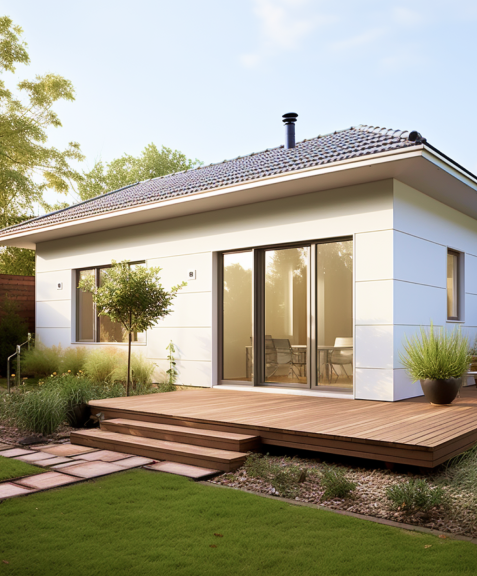
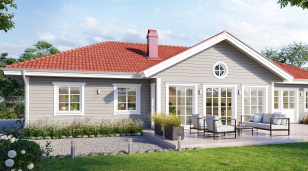



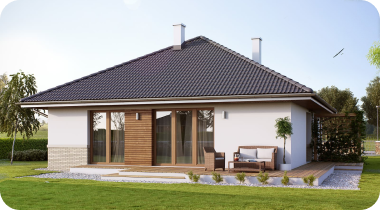
A link to download your FREE brochure will be in your inbox in 3 minutes
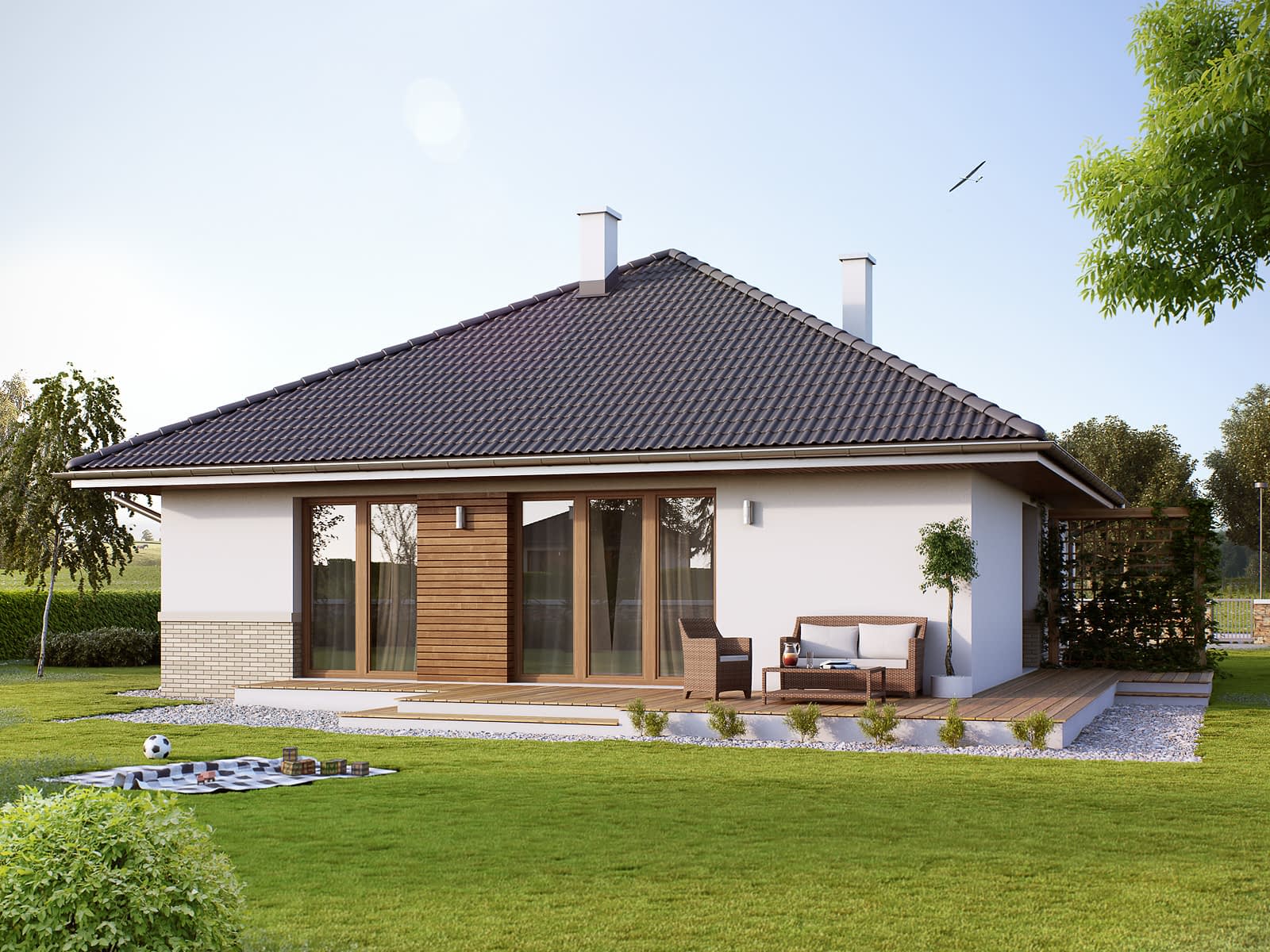






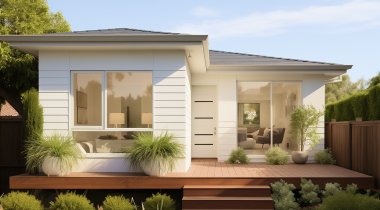











The final price may vary based on project specifics.
To get a free accurate quote tailored to your needs, book a consultation with us today!

The price per square foot provided is an average and may vary depending on project-specific details such as materials, location, complexity, and other factors. Actual costs may differ from the average provided.
It is recommended to obtain a detailed quote based on the specific requirements of your project.

Please note that the monthly payment displayed on this page is an estimate and is subject to variation based on the selected loan product, applicants credit score, loan amount, and other financial details. Actual monthly payment may differ from the estimate provided.
It is recommended to seek advice from a financial advisor or loan officer to obtain precise payment information tailored to individual circumstances.
 Your Trusted
Local Contractor
Your Trusted
Local Contractor

The fascination surrounding the growing trend of tiny houses is palpable. It leaves many of us wondering what it means to have your own tiny house and if you can actually save money by picking this novelty over a traditional house.
With urban spaces becoming congested and real estate prices skyrocketing, one might often wonder, “How much are tiny homes?" or "What's the typical tiny house cost?” These intriguing questions beckon us to explore the world of tiny house living.
Most tiny houses are more than just a fad—they represent a lifestyle shift. Tiny houses' flexible size leaves more room for arranging your residential property in a way that fits right for you. A custom-built tiny house is also a chance for the homeowner to implement unique wishes and at the same time reduce property costs.
There are several factors why more homeowners choose to build a small house on their land instead of a traditional home. While many are enticed by the minimalist allure, others see it as an avenue to achieve a balance between sustainable living and modern comforts. Let’s break down the expenses and find out how much money you need to build a tiny house.
Have you ever been curious about how much does a fully built tiny house on wheels cost? The idea of having a mobile abode, similar to a house trailer, that gives you the liberty to change your view when your wish is thrilling. Here’s a deeper look:
While the upfront costs of these homes can vary, it’s crucial to remember the ongoing expenses, such as maintenance (considered on a per square foot basis), utility bills, and potential property taxes.
So, How much does a tiny house cost on average? A tiny house cost may consist of expenses for land preparation, planning and building. A DIY tiny house will have one price, while a trailer prefab tiny house will have another. With the idea of tiny homes becoming mainstream, there's a vast range in tiny home prices.
But what are the driving factors that influence tiny house average costs?
Beyond the smaller living space, a tiny house offers significant financial benefits:

Before you leap into the tiny house movement, a bit of groundwork can ensure you make informed decisions:
One cannot discuss tiny houses without addressing the elephant in the room: sustainability. The eco-friendly appeal of tiny homes is undeniable:
Making a commitment to a tiny home is not just a housing choice; it's an ecological statement. It signifies a conscious decision to reduce one's carbon footprint and live harmoniously with nature.
Absolutely! Apart from lifestyle benefits, their resale value can be lucrative. They not only stand as a beacon of sustainable living, but can appreciate over time, especially if they’re well-maintained. Is there a vacant place on a family member's land and they're thinking of new ways to utilize it? Then, a prefab house or a tiny house on wheels is what they might like!
While traditional homes might have established mortgage routes, the tiny home sector is evolving. Certain institutions are now offering specialized loans tailored for tiny homes. And remember, if your house is on wheels, an RV loan might be applicable.
With proper care, these compact houses can rival traditional houses, lasting anywhere from 50 to 75 years.
The taxation mechanics can be tricky. If your tiny home is anchored as a permanent residence, you may have to pay property taxes. However, mobile tiny homes could face fewer taxes. Always check with local building codes and authorities.
By adopting a tiny home lifestyle, you’re championing reduced energy consumption, sustainable materials, and minimalistic living—all of which culminate in a smaller carbon footprint.
Absolutely. Despite some of them using anchors and piers instead of traditional concrete slab foundation, as long as they're constructed following set standards and guidelines, they can be as safe, if not safer, than traditional homes.
Tiny house market is a niche market, so yes, you can buy a tiny house from its ex-owners. However, if you build a tiny house from scratch, you'll be able to tailor it to your personal needs and tastes.
Get a First Look at Real ADU Projects